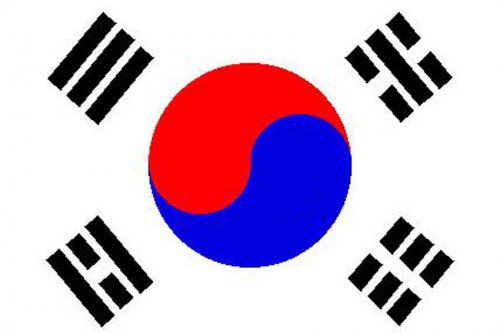TEPAV Warned About the Danger Ahead: ‘Middle Income Trap’ Stating that Turkey cannot preserve competitiveness relying on strategies based on cheap labor and labor intensive export sectors TEPAV stressed that it is necessary to accelerate the transformation process.

ANKARA - Stating that Turkey cannot preserve and improve competitiveness relying on strategies based on cheap labor and labor intensive export sectors TEPAV stressed that it is necessary to accelerate the transformation process in order to avoid the 'middle income trap*'. Emphasizing that experiences of South Korea, who succeeded in overcoming the middle income trap, in this process is of great value, TEPAV noted that it will be useful to asses Korea's experiences taking unique conditions facing Turkey into account.
TEPAV Policy Note 'To what South Korea Owes Success in Innovations? Implications for Turkey' by Research Associates Selin Arslanhan and Yaprak Kurtsal was published.
The note maintained that South Korea managed to be an attention-attracting country with its success in economic development and the striking advance it made in the fields of innovation and R&D and said: "S. Korea which performed worse than Turkey in terms of per capita GDP and R&D activities until 1980s completely reversed this situation from that point on and achieved not only considerable growth performance but also an impressive technologic advance." The note underlined that S. Korea owing to the attempts in innovations, skill development and the importance attached to human resources, succeeded in overcoming the 'middle-income trap' which is commonly accepted to be one of the biggest challenges facing developing countries today. The note continued:
"At the heart of this success lie the critical steps devoted to securing a position to compete with developed countries and certain transformation processes the country went through. The most important feature of the mentioned transformation processes is the development of an R&D system, while the investments in education proves to be one of the most significant factors facilitating this. This study examines the changes in the industrial strategy and science and technology policies in S. Korea and carries out a comparative analysis as to how Turkey performed and advanced in similar processes of change. The advance of the R&D system plays a crucial role in the sectoral change and rapid economic growth of S. Korea. The significant rise in R&D expenditures as well as rapid transition to high value-added high-tech products in production and exports since the 1980s reinforced the improvements in the R&D system."
The study made the following observations:
"S. Korea focused on labor intensive and low-technology sectors in 1960s and switched rapidly to technology intensive sectors in 1970s and 1980s. In Turkey the shift from labor intensive and low technology to technology intensive sectors took place rapidly beginning only with early 2000s.
In the period between 1960 and 1980 named as the imitation process, technology transfers were predominant in S. Korea while beginning with 1980s improving the R&D capacity was a priority area. In Turkey, the importance of technology transfers was highlighted in late 1980s and improvement of national R&D capacity was highlighted in early 2000s.
Significant discrepancies are observed in the implementation of export oriented industrialization strategy which was launched with a similar timing in Turkey and in S. Korea. In S. Korea this process was accompanied with efforts to change the export composition and to switch to technology intensive sectors. The technological content of the export goods indicate that medium-technology products gained dominance in S. Korea in 1990s whereas in Turkey share of medium technology exports converged to that of low-technology exports only in recent years. Share of high-technology exports in Turkey is currently at a level similar to that S. Korea achieved in 1980s."
The note concluded as follows:
"It is no more possible for Turkey to protect and improve its international competitiveness by pursuing strategies based on cheap labor and labor-intensive export sectors. It is of significant importance to switch from low-technology to medium- and high-technology production for Turkey to make a leap in the global market and sustain competitiveness. To this end, Turkey has to carry out sectoral change and alter the export composition. The crucial importance of these strategies also to avoid the 'medium-income trap' is evident. S. Korea's experience in this process must be assessed taking unique conditions facing Turkey into account and the transformation process must be accelerated."
* According to World Bank's definition, countries in the "middle-income trap" are those lost competitiveness in Standard manufacturing goods against low-labor cost poor countries while having difficulty in achieving a convergence with innovation-led rich countries.
- To what South Korea Owes Success in Innovations














